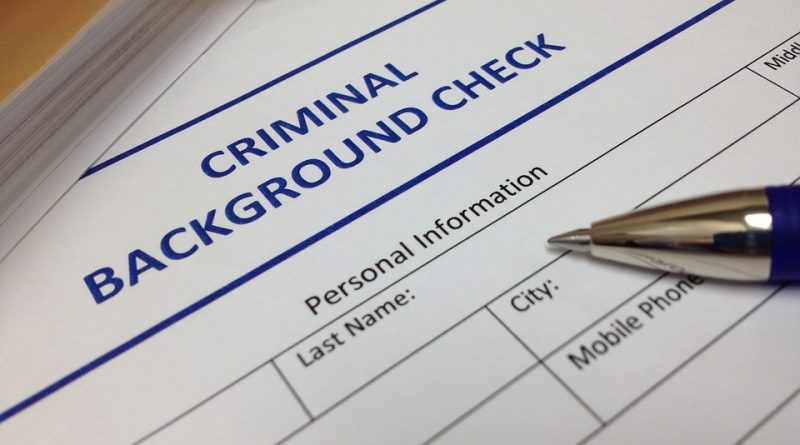What do Background Checks Look For
If you’re applying for a new job or signing up for a volunteering gig, there’s a pretty good chance you’ll be subjected to a background check. If you’re in charge of a business or organization and plan to bring new people on board, you might want to consider employing such a measure yourself. But what exactly are background checks, and what do they typically include?
Background checks are a comprehensive review of an individual’s history. They help ensure that a person’s resume is truthful, and they unearth any unsavory details about a person’s past. A thorough review will help organizations avoid potentially dangerous or unreliable individuals. Not all background checks are the same, but most look for the following elements.
Criminal Records
The most obvious part of a background check is the search for a criminal record. For obvious reasons, employers want to know if a potential hire is a convicted criminal. Both charges and convictions will show up on the background check, although employers should respect the difference between a conviction and a dropped charge. Arrests that didn’t bring charges should not show up, since the arrest did not ultimately wind up in the legal system. Civil citations like speeding tickets or parking fines do not appear on a criminal record, although they could appear on a candidate’s driving record. The criminal background check will look at federal, state, and country court systems.
Civil Case History
In addition to looking at criminal cases, background checks also investigate a person’s history in the civil courts. If you’ve ever been successfully sued, this information will appear to a potential employer. Both federal and county cases will come into play.
Credit History
While running a background check, employers will often check their candidates’ credit histories. This means mortgages, car payments, and credit card debt will all be visible. Hiring managers might use this information to gauge the candidates’ level of responsibility. Certain employers, especially those in the financial industry, will care more about bad credit than others.
Driving Record
Many background checks look into a candidate’s history behind the wheel. If you’ve been at fault in a number of accidents or are a habitual speeder, your potential employers have the potential to find out. Again, the importance of a spotty record depends on the job you’re applying for. This portion of the background check will be especially relavent for any position that involves drving.
Educational Background
While candidates likely include their education history on their resumes, not all employers are happy to take their word for it. A detailed background check will ensure that a candidate really has the credentials they claim to have acquired. If you’ve ever wondered why you can’t just claim to have a degree you never actually earned, now you know. Employers are smart enough to keep you from pulling such a fast one.
Employment History
Background checks are also good about verifying a candidate’s self-proclaimed work history. Companies want to make sure that interviewees are really as experienced as they claim. The duration of a worker’s stay with a certain employer is almost certain to come to light.
Social Media Profiles
In addition to all the aforementioned digging, background checks also look at the information that candidates freely give on their social media profiles. This is a great way for employers to take a closer look at an individual’s character and personality.
best background check service are essential tools for employers. For aspiring employees, they’re often nothing to worry about. Now that you know what they entail, you can plan accordingly.


